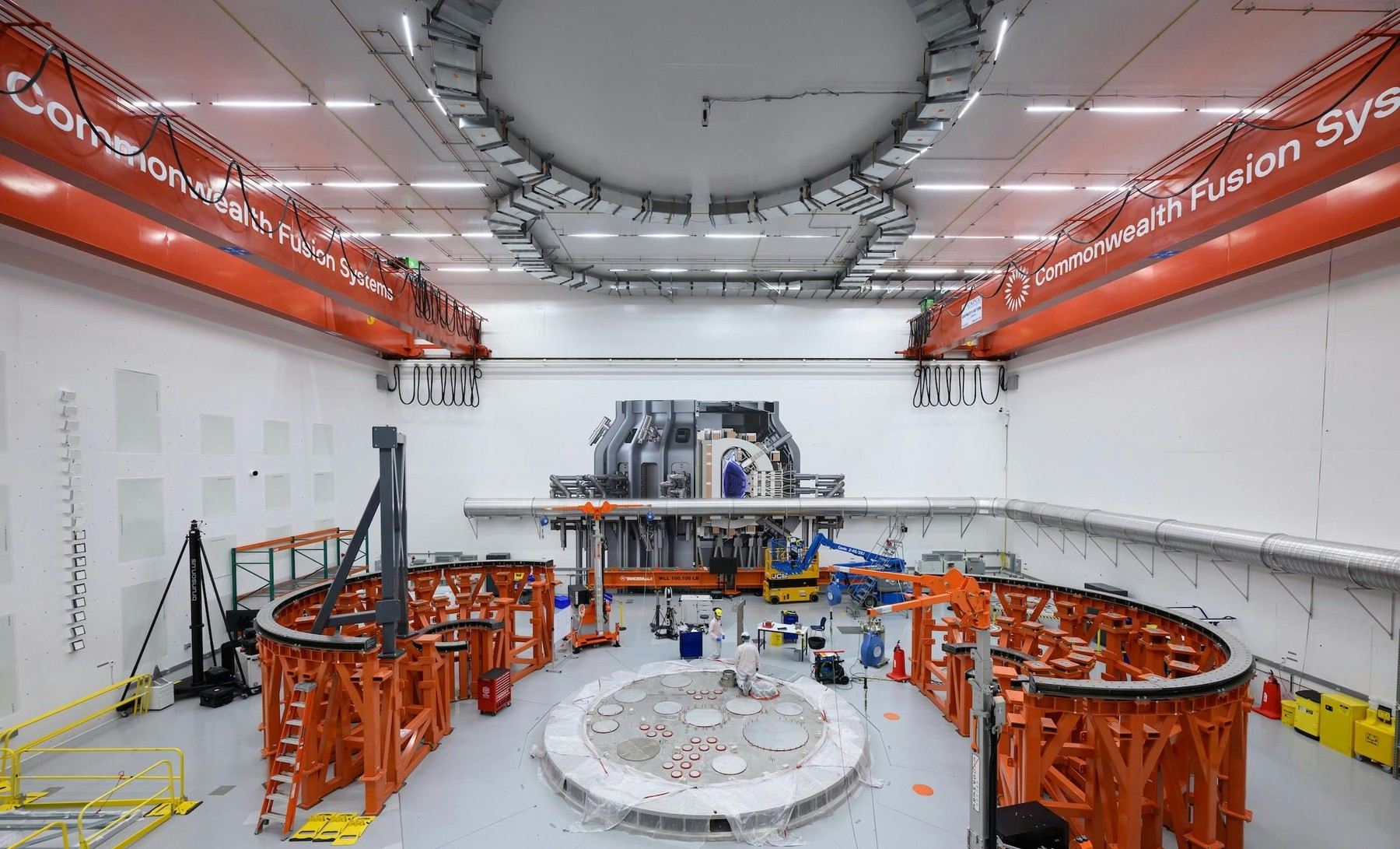Climate Insider Brief:
- Viviana Alvarez emphasised the need to upscale the education system to meet the demands of sustainability, stating that the workforce itself is becoming a learning space.
- Emily Evans highlighted the necessity of designing holistic curricula from a sustainability lens, integrating sustainability seamlessly into all disciplines instead of offering standalone courses.
- Mark Gough pointed out that many employees already have motivations for sustainability but lack direction, emphasising the opportunity to harness existing motivations.
The Climate Insider team recently attended a panel discussion at the 9th Annual Sustainability Week hosted by Economist Impact. The theme revolved around building a workforce suitable for the ongoing energy transition. The panel, moderated by Emily Evans, Chief Executive and Founder of The Economist Educational Foundation, featured insights from distinguished speakers including Mark Gough (Capitals Coalition), Maria Castillo (IESEG School of Management), Kristen Dueck (NESsT), and Viviana Alvarez (Unilever North America).
Viviana Alvarez mentioned that we’re currently in an adaptation phase; she emphasised on the need to upscale the education system to meet the demands of a changing workforce. She mentioned that during current times it is the workforce itself where employees learn the skills necessary for sustainability adaptation; “the workforce is becoming the university,” said Viviana. She further said, “The opportunity for human capital is critical, especially in this AI revolution” in order to shed light on the role of humans in the energy transition. She argued that it is important for solutions and systems to be human-centric; even though the technological revolution is very important, humans are still central to the energy transition. She stressed that there is a gap in the current education system; business schools, in particular, do not focus enough on interdependencies between systems and an interdisciplinary approach. Maria Castillo echoed the idea, “The notion of interdisciplinarity becomes key.”
The panel agreed on the urgency of cultivating new leadership skills to adapt to changing paradigms. Maria Castillo stressed the need for graduates to be ready to instigate change from within organisations, emphasising the role of education in preparing them for this responsibility.

As the panellists discussed the role of the education system, Mark Gough highlighted the need to tap into unused knowledge and skills, encouraging a holistic approach to workforce development. Emily Evans argued that there is a need to design holistic curricula from a sustainability lens instead of keeping sustainability studies limited to modules – “We should not just be teaching modules, we should design our whole curriculum.” The panel was in agreement that sustainability should be seamlessly integrated into all disciplines instead of being a standalone course.
As the discussion progressed, Mark Gough mentioned that a lot of employees within organisations already have motivations to act for sustainability, but do not necessarily have the direction. “A lot of people want to do the right thing within organisations, so how do we release that?” Mark’s point is very eloquent in underscoring that there is an opportunity to harness employees’ existing motivations when it comes to making more sustainable choices. Kristen Dueck highlighted the positive examples from small and medium-sized enterprises (SMEs). Moreover, she also mentioned that there is a need to “dignify employment.” She said it is important for stakeholders to reflect on how we think about dignity, especially when it comes to employment. Kristen’s point is interesting in suggesting the idea that dignifying employment could lead to greater agency for employees to make choices that are more sustainable.
Maria Castillo highlighted the importance of storytelling in inspiring the workforce to make more sustainable choices. She argued that it is important to also inform people why they should adapt and make choices for sustainable outcomes. “Storytelling is a crucial skill we need to build on in order to inspire people around notions of sustainability and why they should be interested,” said Maria.
In summary, the panel provided valuable insights into the evolving demands of the workforce in the context of sustainability. The integration of diverse perspectives underscored the need for a comprehensive approach to education, leadership, and organisational practices to effectively navigate the challenges posed by the energy transition.
To stay informed about the climate industry explore our latest climate news.
Featured Image: Credit: Economist Impact








